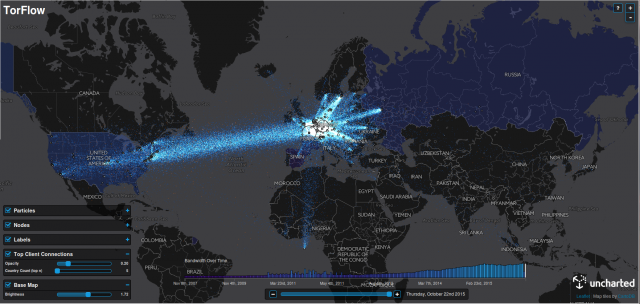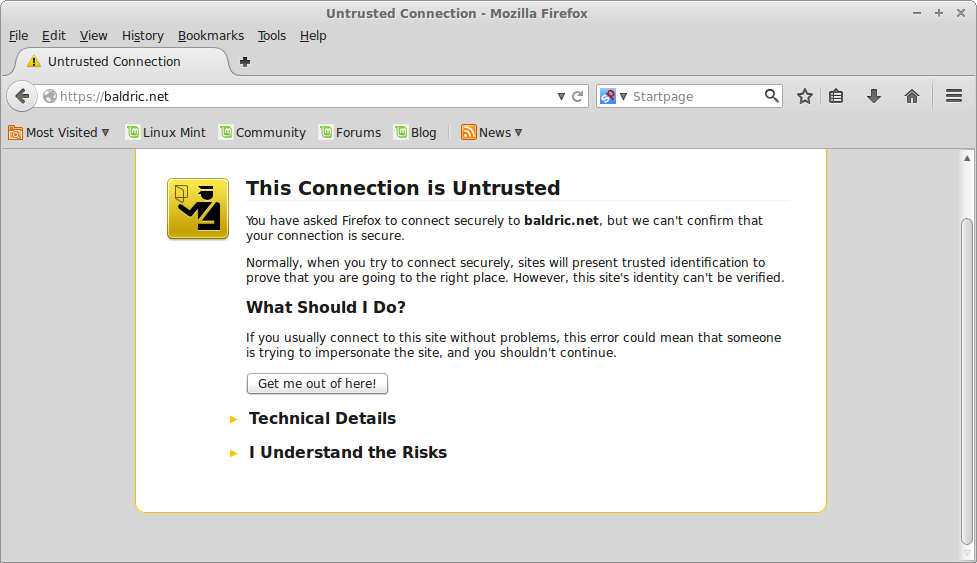For some time mow I have been increasingly fed up with the poor service offered by SMS on my mobile phone. I’m not a hugely prolific sender of text messages, and those I do send are primarily aimed at my wife and kids, but when I do send them, I expect them to get there, on time and reliably. I also expect to be able to send and receive images (by MMS) because that is what I have paid for in my contract. Oh, and I would also like to do this securely, and in privacy.
Guess what? I can’t.
My wife and kids want me to use Facebook’s messenger because that is what they use and they are happy with it. I have signally failed to convince them /not/ to use that application, largely because they already have it installed and use it to send messages to everyone else they know. But then I have also failed to get my kids to understand my concerns about wider Facebook usage. (“There Dad goes again, off on one about Facebook.”).
So, what to do? Answer, set up my own XMPP server and use that. XMPP is an open standard, there are plenty of good FOSS XMPP servers about (jabberd, ejabberd, prosody etc.) and there are also plenty of reasonable looking XMPP clients for both android and linux (the OS’s I care about). And better yet, it is perfectly possible (and relatively easy) to set up the server to accept only TLS encrypted connections so that conversations take place in private. Many clients also now support OTR or OMEMO encryption so the conversations can be made completely secure through end-to-end encryption. Yes, I am aware that OTR is a bit of a kludge, but it is infinitely preferable to clear text SMS over the mobile network. And I like my privacy. Better yet, unlike GPG which I use for email, OTR also provides forward secrecy, so even if my keys should be compromised, my conversations won’t be.
And yes I also know that Facebook messenger itself offers “security and pivacy”, but it also used to be capable of interacting with the open XMPP standard before Zuckerberg made it proprietary a few years ago. And I just don’t trust Facebook. For anything.
So for some time now I have been using my own XMPP server alongside my mail server. It works just fine, and I have even convinced my wife and kids to use it when they converse with me.
I may now move away from using GPG to using OTR in preference. Anyone wishing to contact me can now do so at my XMPP address and may also encrypt messages to me using my OTR key. My fingerprints are published here.





